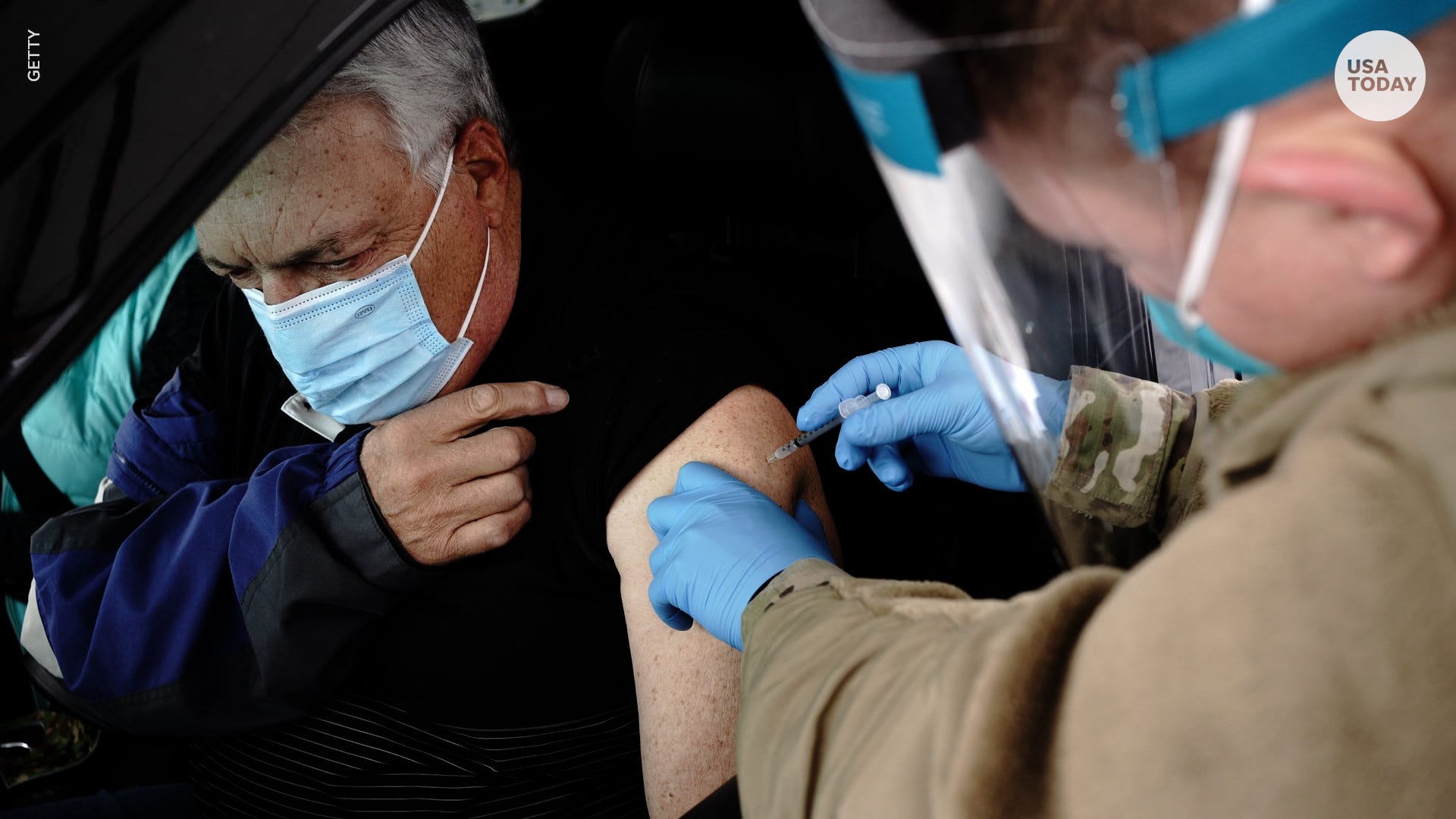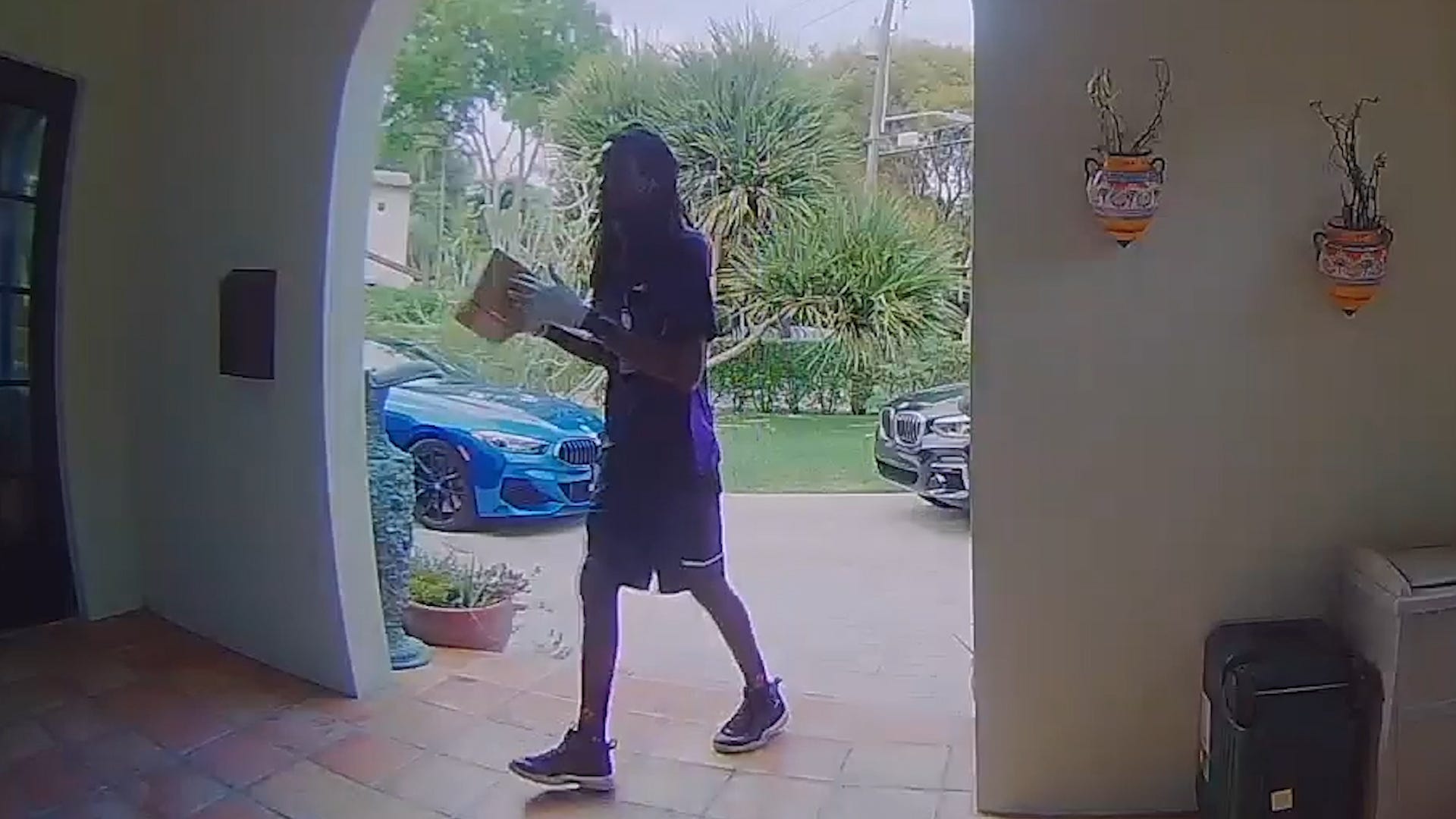Who should get a third COVID vaccine shot? About 2.7 million immunocompromised Americans, CDC panel recommends.
Karen Weintraub | USA TODAY

A government advisory committee recommended guidelines Friday for who should receive a third dose of COVID-19 vaccine because of a weakened immune system.
The Food and Drug Administration decided very late Friday to allow extra shots for people who are immunocompromised, but left it up to the Centers for Disease Control and Prevention to define exactly who should get the additional doses.
The CDC's advisory committee spent four hours Friday considering evidence on the safety and effectiveness of extra shots for specific groups of people whose immune systems do not work well, either because of disease or medication.
They voted unanimously to offer a third shot to a very narrow band of people: the 2.7% of Americans with the weakest immune systems, who were unlikely to get adequate protection from their initial shots.
The severely immunocompromised are often left unprotected by the two-dose regimen. Roughly 40-44% of people hospitalized with severe COVID-19 infections after vaccination are immunocompromised, the CDC said.
Studies summarized Friday suggest an extra dose is safe for most people who are immunocompromised and increases their chance of getting protection against COVID-19.
People who should be considered for a third dose include:
- Those in active cancer treatment; those who have received organ transplants and are taking immunosuppressive therapy;
- People who have received CAR-T cell or blood stem cell transplants;
- People who suffer from moderate or severe primary immunodeficiency (such as those with DiGeorge or Wiskott-Aldrich syndromes);
- People with advanced or untreated HIV infection;
- And those taking 20 milligrams or more or corticosteroids like prednisone every day, or alkylating agents, antimetabolites, transplant-related immunosuppressive drugs, severely immunosuppressive cancer chemotherapeutic agents, TNF blockers, and other biologic agents that are immunosuppressive or immunomodulatory.
As this is a wide and varied group, patients should discuss concerns and questions with their doctors, the committee said.
People will not be required to prove that they have one of these conditions in order to receive a third dose, but simply attest to their status.
CDC director Dr. Rochelle Walensky must approve the final version of the language, which is expected later Friday afternoon or evening, and extra vaccines should be available to the immunocompromised in the next few days, with a question added about a person's immune status before a vaccine is administered.
CDC officials steered away from using the word "booster," emphasizing that the third shot would be part of a normal vaccination course for these severely immunocompromised people.
Both the CDC and FDA have determined booster shots are not yet needed by the general population.
Although most people will likely need boosters eventually, initial shots are continuing to do an excellent job of protecting people against serious disease and death, officials say.
At a White House briefing Thursday, Jeff Zients, who coordinates the president's COVID-19 task force, said the government has sufficient supply of COVID-19 vaccines to provide the public with boosters as they are needed.
The guidance on extra doses only relates to the two most commonly administered vaccines – from Moderna and Pfizer-BioNTech – and not to the Johnson & Johnson vaccine, which has not been studied yet among the immunocompromised.
A third dose of the Pfizer-BioNTech vaccine is available for the immunocompromised as young as 12 years old, while Moderna is only authorized for adults, because that vaccine has not yet been authorized for use in minors.
For a third dose, people should try to get the same vaccine they received the previous two times, but they could switch between Pfizer-BioNTech and Moderna if necessary, the CDC said.
Dr. Peter Marks, director of the FDA's Center for Biologics Evaluation and Research, said his agency is developing a solution for J&J recipients.
"We do understand the challenges here," Marks told the group. "We think at least there's a solution here for the very large majority of immunocompromised individuals and we believe that we will probably have a solution for the remainder in the not-too-distant future."
At this point, the CDC does not recommend one vaccine over another for people who are immunocompromised.
Advocates for people with diabetes expressed concern that their population wasn't included. Having diabetes is known to increase someone's chances of a serious bout with COVID-19, though there's no indication they are at not mounting an immune response to initial vaccine doses.
"We would encourage the agencies to ensure that we’re making available additional protections for those patients who we know suffer the worst outcomes from COVID-19," said Dr. Robert Gabbay, Chief Scientific and Medical Officer for the American Diabetes Association. "This includes Americans with diabetes, who would benefit tremendously from protections offered by additional COVID-19 doses.”
The list also leaves off people who are over 80, who are known to have weaker immune systems than younger people.
About 1% of Americans who have been vaccinated – more than 1 million total – have already gotten themselves an extra shot
Dr. Camille Kotton, a specialist in infectious diseases among the immunocompromised at Massachusetts General Hospital and Harvard Medical School, both in Boston, said she thinks this change will provide third dose access to people who might not otherwise know to get an additional dose.
Even after a third dose, people who are severely immunocompromised still need to take precautions to protect themselves against COVID-19, CDC and others repeated. Because it is not clear whether they will get adequate protection even after a third dose, people with weakened immune systems should continue to wear masks, maintain social distance, avoid crowds and poorly ventilated indoor spaces with strangers.
Contact Weintraub at kweintraub@usatoday.com
Health and patient safety coverage at USA TODAY is made possible in part by a grant from the Masimo Foundation for Ethics, Innovation and Competition in Healthcare. The Masimo Foundation does not provide editorial input

Via PakapNews